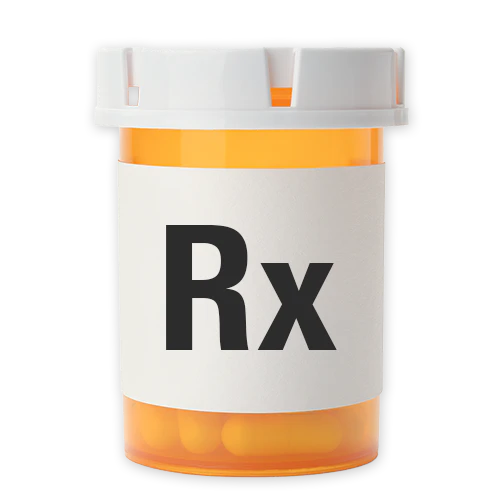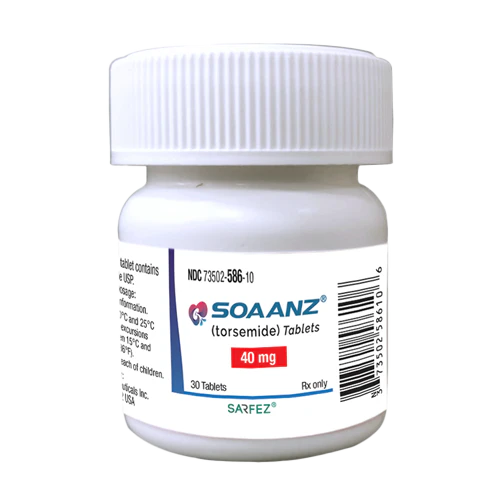- Blood pressure is the force of blood that pushes against your artery walls.
- High blood pressure puts you at greater risk for cardiovascular disease, including heart attack, stroke, and other health conditions.
- There are many prescription medications that you can take to control your blood pressure.
Overview
Blood pressure is the force that pushes your blood against your blood vessel walls, allowing it to travel through your body. This pressure is generated by your heart and maintained by the strength of your blood vessel walls.
If your blood pressure gets too low, the blood will not circulate properly, and you may feel lightheaded and dizzy and even faint. High blood pressure does not usually have symptoms, but it will have long term negative effects on the health of your heart and overall health, which is why it is important to manage your blood pressure and keep it in normal range.
Diagnosis
Regular high blood pressure is assessed as being less than 120/80 mmHg, but above 90/60 mmHg. While anything above 120/80 mmHg is considered elevated,
Hypertension (high blood pressure) will be diagnosed once your blood pressure reaches a level of anything greater than 130/80 mmHg. The severity of this high blood pressure is then based on your specific blood pressure readings anywhere from 130/80 mm Hg (stage 1) to 180/160 (stage 3 – anything this level or higher is considered a medical emergency and you should seek medical attention immediately).
Medications
High blood pressure should be managed with medication and lifestyle changes. Lifestyle changes can include increased exercise, eating a healthy balanced diet, decreasing sodium intake, and maintaining a healthy body weight. While these modifications can help prevent further exacerbation of your high blood pressure, medication management is almost always required in addition in order to control your current high blood pressure back to a normal baseline.
Medications for High Blood Pressure
There are five main types of blood pressure stabilizing medications, all of which can be explained more in depth below:
- Angiotensin-converting enzyme Inhibitors (ACEIs)
Angiotensin (an-gee-oh-ten-sin)-converting enzyme is part of the renin-angiotensin-aldosterone system (RAAS): a hormone system that controls blood pressure. ACE converts angiotensin I to angiotensin II, which causes blood vessels to constrict therefore increasing blood pressure. ACE inhibitors blocks angiotensin I from producing angiotensin II, resulting in vasodilation (widening of your blood vessels).
- Calcium channel blockers (CCBs)
Calcium channel blockers decrease the amount of calcium that enter the heart and blood vessel walls. This relaxes the blood vessels and makes it easier for the heart to pump resulting in decreased blood pressure.
- Angiotensin Receptor Blockers (ARBs)
ARBs reduce your blood pressure by preventing the action of angiotensin II. Angiotensin II is a hormone that make your blood vessels narrow/constrict. High blood pressure and inadequate kidney blood flow may result from this constriction. Angiotensin II can also cause salt and water retention in your body, which further increases your blood pressure.
- Diuretics
Diuretics (water pills) help the kidney to excrete more sodium into urine. They are used to treat high blood pressure, heart failure, edema, liver failure, kidney disorders and glaucoma.
There are three major types of diuretics: loop, thiazide and potassium sparing diuretics. - Beta-blockers
Your body uses adrenaline and noradrenaline to activate your “fight-or-flight” response, which is designed to keep you safe during threatening scenarios. You may experience rapid heartbeat, high blood pressure, excessive sweating, anxiety, and heart palpitations if your body produces high adrenaline levels.
By hindering the release of these hormones, beta-blockers reduce the stress placed on your heart and the force of heart muscle contractions. As a result, the blood vessels in your heart, brain, and the rest of your body are relieved of that pressure.
Wholesale Price List
Our Wholesale Price List is an excellent solution to access generic medications at an affordable cash price. The list includes over 150 medications. Each medication costs:
- $70 for 12 months
- $37 for 6 months
No insurance hassles, no hidden fees, and free delivery to your door.
Related Topics
Why is it important to manage your blood pressure?
You’ve probably seen countless articles about how to manage your blood pressure and products advertised as something that “helps to lower your blood pressure”, but what exactly are the risks of having high blood pressure? Alternatively, is there such thing as “too low?”
Read more
Understanding Blood Pressure Readings
Blood pressure readings consist of two numbers:
- Systolic blood pressure: The first number in the reading indicates how much pressure is in the blood when the heart contracts (during a heartbeat.)
- Diastolic blood pressure: This is the second number in a blood pressure reading that indicates the pressure of your blood when the heart relaxes (between heartbeats.)
How to Lower High Blood Pressure (Hypertension): What Blood Pressure is Normal?
Approximately 50% (116 million) of adults in the United States struggle with high blood pressure, causing critical health problems, including heart failure, heart attack, stroke, and kidney disease.
Read more

